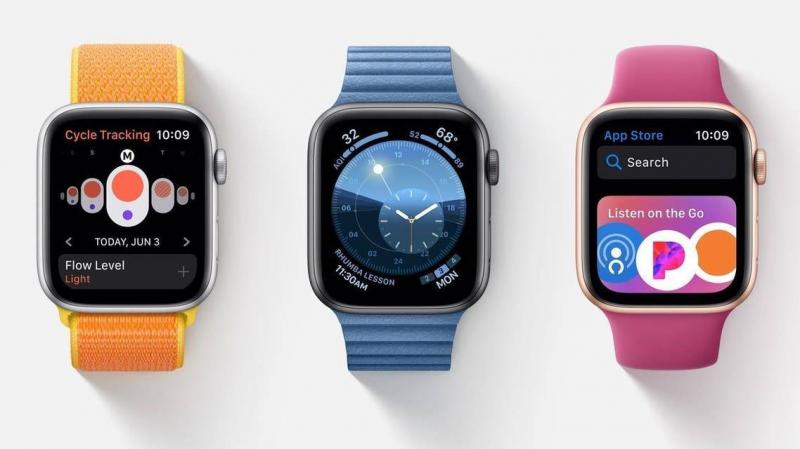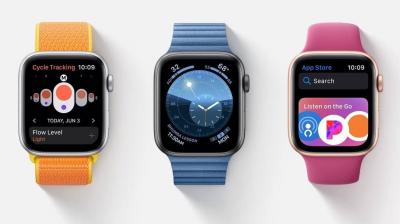Recent leaks about the upcoming Apple smartwatch indicate that the new version will include several health features that could significantly change the lives of patients due to its ability to monitor critical data around the clock – data that previously required specialized medical laboratories for detection and analysis. According to the latest leaks shared by various British newspapers, which were reviewed by "Al Arabiya Net," the new version of the Apple Watch will feature continuous blood sugar monitoring without the need for blood samples. This could represent a significant breakthrough for millions of diabetes patients worldwide.
The British newspaper "Daily Mail" reported that if these features are indeed added to the watch, many people may be able to forego routine blood tests, particularly for diabetes patients who are required to undergo regular tests that necessitate blood samples to be sent to a lab or placed in a designated device.
The report also mentioned that the renowned British medical technology company Rockley Photonics recently listed Apple as its "largest client," which the newspaper interpreted as evidence that future Apple Watches will include sensors for measuring various blood markers, including glucose and alcohol levels. These sensors would be embedded in the device and placed on the wrist (i.e., in the watch) to monitor blood pressure, blood sugar, and alcohol levels.
The Apple Watch Series 6, which is the latest release of the company's smartwatches, is the first to measure blood oxygen levels. However, if the new technology is integrated into the upcoming watch, it could change the game for over 436 million people worldwide living with diabetes, according to the "Daily Mail."
Rockley Photonics specializes in non-invasive health function products utilizing infrared light, including measurements of body temperature, blood pressure, glucose, alcohol, and blood oxygen levels. Andrew Rickman, the CEO of the British company, stated, "We are operating in the visible spectrum and extending it into the infrared range, acquiring greater accuracy using laser technology compared to LED lights, which opens up a full range of capabilities."
Rickman added that the company has reduced the spectrometer from the size of a table to the size of a chip, allowing it to go "much further than today's watches and deeper, but not as deep as blood sampling." The miniaturized spectrometer can detect glucose, urea, and other chemical biomarkers in the blood, which are indicators of disease.




